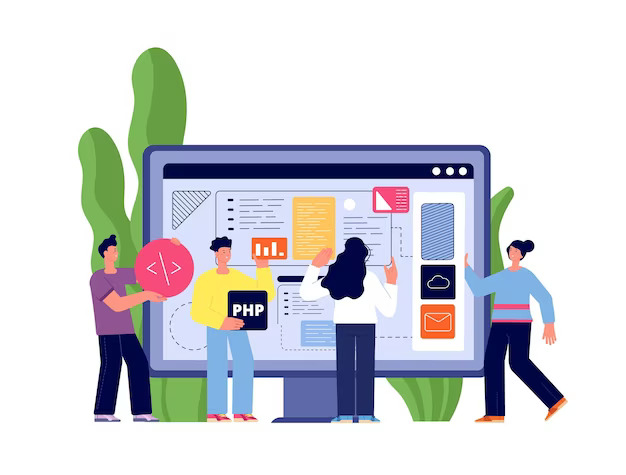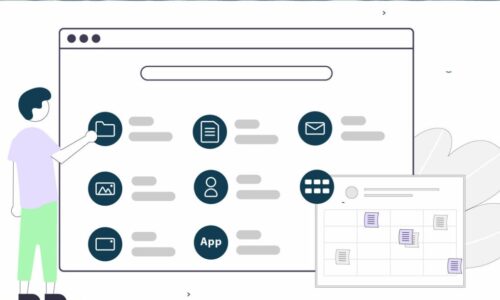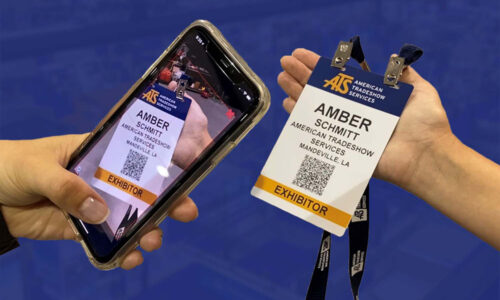
Elevating Networking Experiences: The Evolution of Collaborative Features on Indian Event Websites
- Admin
- February 6, 2024
- Uncategorized
- Event Website Development, Event Websites, Exhibition Website Development, Indian Event Websites
- 0 Comments
In the ever-evolving landscape of event management, the digital realm has emerged as a crucial frontier for enhancing participant experiences. Indian event organizers are increasingly harnessing the power of online platforms not only for event promotion but also for fostering meaningful connections among attendees. Through the integration of collaborative features, event websites development India are revolutionizing networking opportunities, catalyzing active engagement and collaboration.
The Emergence of Indian Event Websites
India’s rich tapestry of cultural diversity is complemented by a bustling events landscape encompassing a myriad of domains, from business conferences to cultural showcases. As the demand for streamlined event management grows, so does the necessity for robust digital infrastructure. Event website development in India has thus experienced a surge, with a focus on crafting immersive platforms that transcend geographical boundaries.
Enhancing Networking Opportunities
1. Personalized User Profiles
Modern Indian event websites offer participants the ability to create comprehensive profiles, allowing them to showcase their interests, expertise, and affiliations. These user-centric profiles serve as digital personas, enabling attendees to connect with like-minded individuals even before the event commences. By providing insights into participants’ backgrounds and interests, these profiles facilitate targeted networking, fostering meaningful connections.
2. Interactive Discussion Platforms
Embedded within event websites are discussion forums that serve as virtual hubs for participants to engage in insightful conversations, share ideas, and seek advice. These forums cater to diverse interests and industry verticals, offering attendees the opportunity to join discussions relevant to their fields. By nurturing a sense of community, these interactive platforms encourage active participation and collaboration among attendees.
3. Virtual Networking Spaces
With the advent of virtual events, Indian event websites have introduced virtual networking spaces that replicate the spontaneous encounters of physical conferences. Powered by advanced algorithms, these networking lounges match participants based on their profiles and networking objectives. Attendees can engage in one-on-one video calls, group discussions, or schedule meetings, fostering genuine connections in a digital environment.
4. Live Engagement Tools
Live engagement features such as polls, Q&A sessions, and chat functionalities enrich the interactivity of virtual events hosted on Indian event websites. Participants can pose questions to speakers, participate in real-time polls, and engage in discussions with fellow attendees. These features not only enhance the event experience but also facilitate knowledge sharing and networking opportunities in real-time.
Conclusion
Collaborative features integrated within event websites development India are reshaping networking dynamics, transforming passive interactions into active engagements. By leveraging technology to create immersive digital experiences, event organizers can cultivate meaningful connections among participants, enriching the overall event experience. As the events industry continues to evolve, embracing collaborative features will be essential for creating inclusive, interactive, and impactful events in the digital era.






